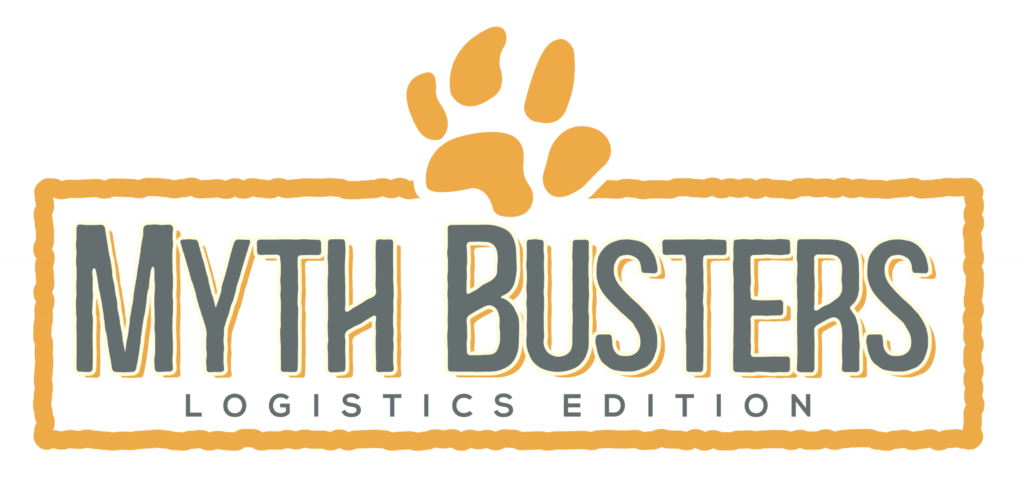
The Weekly Roar

When it comes to the nuances of trading terms used in contracts for the import and export of goods known as Incoterms, or International Commercial Terms, there are a lot of misconceptions – and missed opportunities!
A common belief exists, for example, that Incoterms define ownership and transfer of title. This is a myth that needs to be BUSTED. While we can’t back up that claim with exciting lab tests and action-packed T.V. stunts like the actual MythBusters, we do have years of logistics industry experience on our side to explain how Incoterms work and why this represents an opportunity for shippers.
What’s important to understand first is that Incoterms only cover risk and responsibility for the shipment of goods. As in, who’s liable during the process of moving the goods to the specific point in which it passes from the buyer to the seller. The mistake many companies make is not realizing that ownership of the goods and the transfer of title are defined in the contract of sale. Delaying this can create opportunities such as not taking inventory of the goods (and the expense of it hitting your books) until the last minute possible.
Let’s put this basic explanation to the test. Do companies need to buy goods on a delivered basis to delay the transfer of title, or should they buy on a Free on Board (FOB) basis in the hopes that the title will transfer once the cargo is placed FOB a vessel at origin? The simple answer: neither. As we stated earlier, Incoterms don’t deal with ownership and title transfer, it’s necessary to look to the contract of sale. It’s NOT a myth to say companies can negotiate FOB terms (risk and responsibility transferring at origin) and title to transfer upon arrival at the destination port or even at the buyer’s warehouse.





Leave A Comment